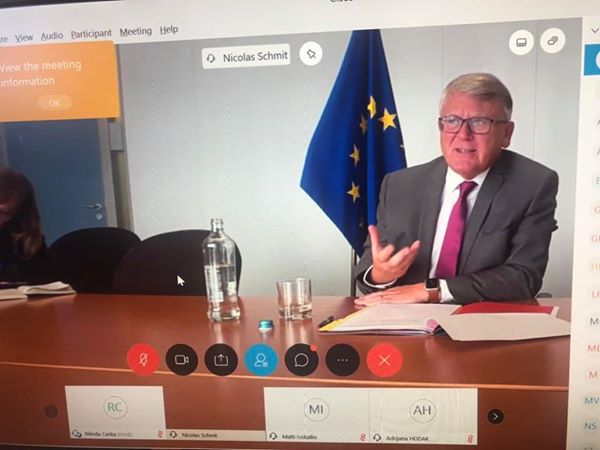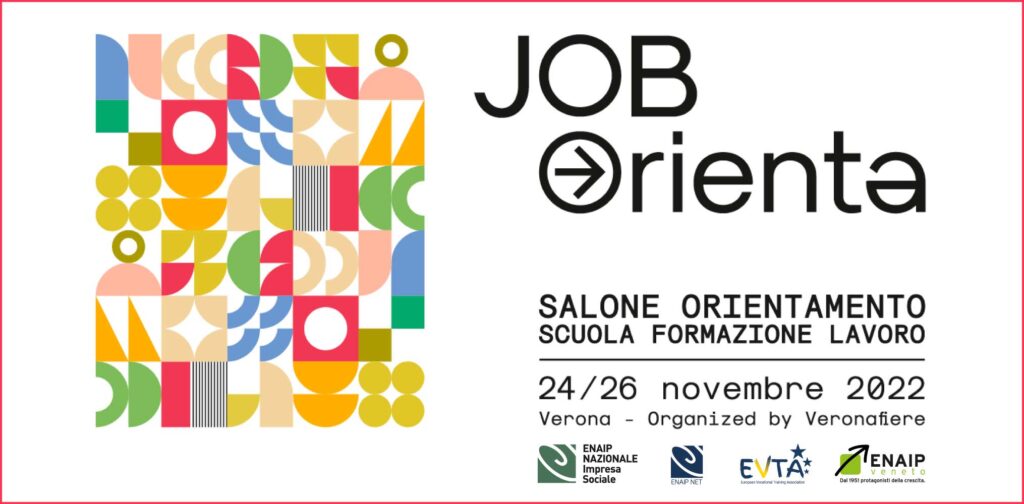On June 9, EVTA together with the VET4EU2 Platform members, met with Commissioner Nicolas Schmit, responsible for Jobs and Social Rights, to discuss how the European Associations of VET Providers can support the implementation of the Commissioner’s agenda during his 5-years mandate.
Commissioner Schmit’s priorities focus on boosting employment and promoting a well-skilled workforce that can be responsive to the digital and climate transition, giving a central role to social rights for all and social inclusion.
A word echoed several times during the meeting: “transformation”.
The COVID-19 emergency brought in big challenges for Europe and for the entire world but has also proved to be a boost towards transformation. The Commissioner highlighted the prominent role of Vocational Education and Training Providers in the transformation of the EU economy and change in EU society, especially in this specific context. VET should be user-oriented, friendly, inclusive and capable to support everyone throughout their lives.
COVID-19 highlighted the digital divide and its considerable impact on society and on the labour market. Likewise, it has become a catalyst for educational institutions worldwide to search for innovative and creative solutions in a relatively short period of time and has led to the mainstreaming of online education. The digital transformation will create new opportunities for developing new skills and competences, which will be at the core of the future economic development. Digital skills need a stronger double focus: (i) a sector-specific approach which facilitates a prompt uptake of innovation; and (ii) a critical-reflective approach, in order for people to be empowered to reflect on technical applications and their impacts and purposes, from the use of digital devices to sharing own data, to the adoption of AI and the use of robots in work environments.
 Green skills and sustainability will also contribute to transformation of the EU economy and society. On one side, they will foster the creation of new jobs based on the skills for the emerging green economy as a result of sector transformation, circular economy, and green transition, in line with the New Industrial Strategy for Europe. On the other side, general green skills for all citizens will be at the basis of a green culture and a green future. European citizens need to be skilled to face environmental challenges and to gain capacity and confidence to deal with transitions in the most appropriate way.
Green skills and sustainability will also contribute to transformation of the EU economy and society. On one side, they will foster the creation of new jobs based on the skills for the emerging green economy as a result of sector transformation, circular economy, and green transition, in line with the New Industrial Strategy for Europe. On the other side, general green skills for all citizens will be at the basis of a green culture and a green future. European citizens need to be skilled to face environmental challenges and to gain capacity and confidence to deal with transitions in the most appropriate way.
Recent graduates and young workers are at risk of being most affected by the consequences of the pandemic and confronted with a much harder labour market than the one from previous years. EU initiatives like the Erasmus+ programme, the ESF+, the Youth guarantee and the EAfA are important and strong tools for ensuring skills improvement and practical education, and will play a key role to ensure inclusive excellence and access to education and training for all. Investing in people by funding vocational training, upskilling and reskilling programmes shows to have a positive impact on the employment rates, thus fostering inclusion and social development.
Based on this, Commissioner Schmit announced some actions and initiatives that will see the lights in the upcoming months and for which he has invited VET providers’ Associations to actively contribute to:
- a Council Recommendation on VET , which will introduce new momentum for VET in the discussions with Member States in the Council, and
- a Pact for Skills, foreseen for November 2020.
VET4EU2 associations are ready to put their direct expertise and their knowledge in the field at the disposal of the EU Commissioners’ agenda, to reach out to the final beneficiaries and push forward societal changes and create lasting values.




